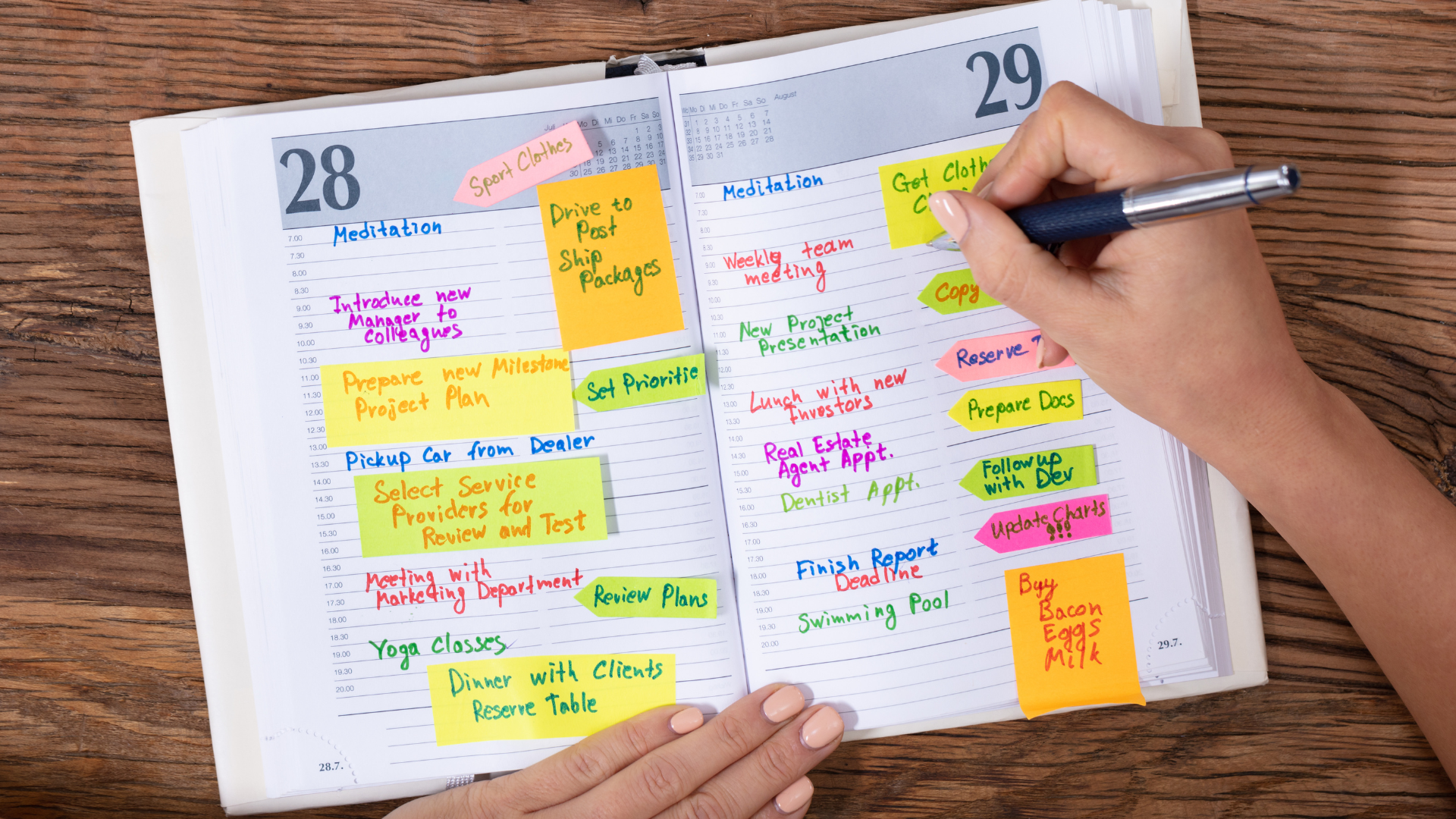From Fear to First Day: Overcoming Doubts About Starting HHA or CNA Training
You’ve thought about it. You’ve scrolled through posts. You may have even bookmarked Fordham Institute Inc. a few times. But something keeps holding you back from enrolling in HHA or CNA training. If this sounds like you—you’re not alone. Many of our students started out with the same hesitation, doubts, and questions. But they took that first step—and changed their lives.
Here’s how you can move from fear to your first day in class.
1. “I’m Too Old / Too Young”
Whether you're 18 or 58, your age doesn’t disqualify you—it empowers you. Many of our students come from all walks of life and find new purpose in caregiving.
Truth: It’s never too early or too late to start something meaningful.
2. “I Don’t Have Time”
We get it—life is busy. That’s why our programs are designed to fit around work, parenting, and daily responsibilities. Classes are short-term, with flexible options available.
Remember: Making time for your goals now can lead to freedom and stability later.
3. “I Don’t Know If I’ll Be Good At It”
You don’t have to be perfect to start—you just have to care. Skills are taught. Confidence is built. And every great caregiver once started with zero experience.
Our mission is to help you grow from curious to confident.
4. “What If I Can’t Afford It?”
Fordham Institute Inc. offers affordable programs and helpful payment options. Plus, once you’re certified, job placement assistance can help you start earning quickly.
Invest in yourself now—and let your career pay you back.
5. “What If I Start and Don’t Finish?”
You won’t be doing this alone. Our team is here to support you every step of the way. We’ve helped hundreds of students stay on track and complete their training—even when life gets tough.
You are capable. You are ready. And we’ve got your back.
Take the First Step Today
Fear is natural. But so is growth. Let this be the season you choose faith over fear, progress over perfection, and purpose over procrastination.
📞 Call us today at
718-480-1804 to ask questions or register
You don’t have to have it all figured out. You just have to start.





